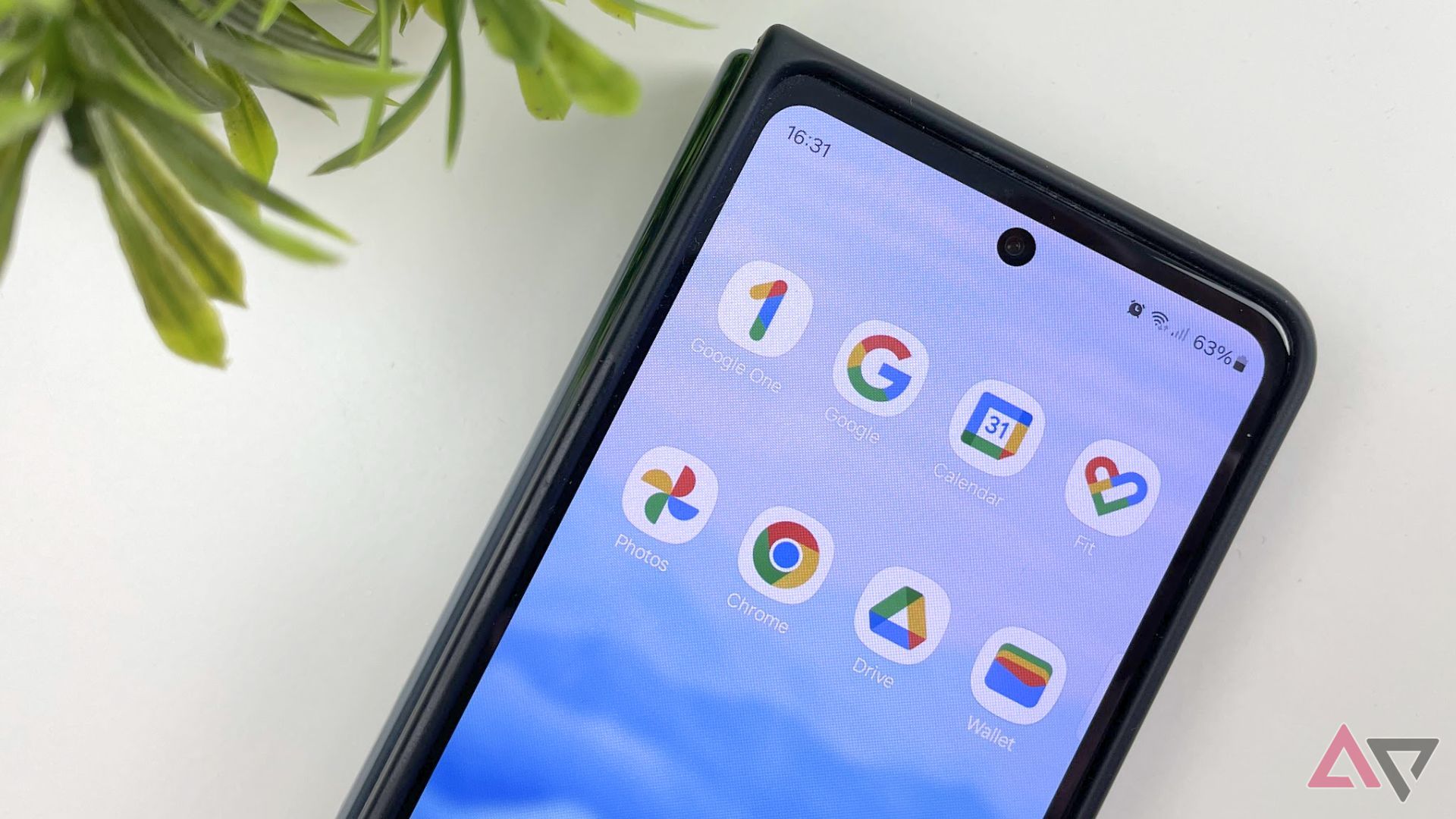Google had a fantastic 2024. It’s hard to ignore the material improvements Google made to the Pixel 9 series and the resulting increase in sales. I’ve been frustrated for years with the company’s lack of consistency with the Pixel. It felt like Google never addressed (or cared about) legitimate issues users had, and it was the main reason why people shied away from Pixels or chose not to buy another when it was time for a new smartphone.
No Thanks, Keep Reading
Google changed that in 2024, and the Google Pixel 9 series is the best the company has put out in years. Yet despite the apparent success, some enthusiasts are frustrated that the Tensor chipset doesn’t benchmark as well as its contemporaries. However, Google doesn’t have the best track record regarding focus and commitment, and a more powerful Tensor Pro would sink the company into confusion. Pixels are on the right track now, even if you don’t think so.

6 apps we think Google could kill in the foreseeable future
These apps have big targets on their backs
Taking care of business, one problem at a time
Correcting front-end issues

Google had a long list of items to improve from previous Pixel generations. Its displays were a notch below the panels offered by Samsung and OnePlus. The fingerprint sensors on Pixel devices were often substandard, and the battery life from Tensor chipsets wasn’t up to par. I also struggled with Exynos modems, enduring phones like my Pixel 7a that refused to switch efficiently between 4G LTE and 5G networks. Instead of caring about Antutu benchmark scores, Google corrected issues that frustrated fans.
You wouldn’t have to search too hard to find a boatload of promising Google projects relegated to the dustbin of history.
The company’s Super Actua Display turned a weakness into a strength, as the Pixel 9 series has the best smartphone displays. The Tensor G4 is better at power efficiency and heat management, providing fantastic battery life and limited overheating than previous generations. I had better luck with connections on the Exynos 5400 modem featured in my Pixel 9 Pro XL, and the ultrasonic fingerprint sensor is more reliable. Google went a long way to restoring consumer confidence in its devices, and I’d hate to see that momentum derailed.
Google needs to keep focused
Not a great track record

You wouldn’t have to search too hard to find a boatload of promising Google projects relegated to the dustbin of history. Focus has not been the company’s strong suit, and the recent news surrounding the Pixel Tablet is a perfect example. It took Google years to lock in a successful strategy for Pixel smartphones, and I’d hate to see that progress derailed by adding another tier of Tensor chipsets. It would split resources, and I don’t believe Google would adequately handle the marketing and pricing.
The Pixel 8a launch was a mess. It felt like Google didn’t know when the phone was released, as the Pixel 8, an objectively better device, was on sale for less than the 8a. This changed the narrative of the device, with reviews and coverage comparing it to the Pixel 8 instead of judging the phone on its merits. I fear a more expensive device featuring a Tensor Pro will meet the same fate.
In addition, a hypothetical Pixel 10 Pro XL powered by a Tensor G5 Pro would be more money, reducing Google’s margin for error. We’ve forgiven the occasional software update hiccups and Google awkwardness because the phones are priced lower than the Samsung Galaxy S lineup. However, don’t expect that leeway to continue if the phones cost the same.

Google Pixel 8a: A great phone that I’m not sure you should buy
Google’s hardware lineup is in a tricky spot, and the Pixel 8a only makes things more confusing
Google is (finally) on the right course
It doesn’t care about horsepower

It isn’t that Google can’t request a more powerful Tensor chipset. It doesn’t want to. The Snapdragon 8 Elite is impressive and will hopefully open up more powerful apps to smartphones, but Google is relying on AI. Tensors can’t feel like a potato, but their performance provides a smooth experience on my Pixel 9 Pro XL. If the rumored 15% GPU performance boost on the Tensor G5 comes to fruition, I’m happy. It will keep the cost of devices relatively flat but give people more than enough horsepower.

If you told me six months ago that Google was banking on AI to be the future of Pixel, I would have scoffed. However, the company has been busy, and the recent December feature drop, paired with the Gemini 2.0 announcement, shows how quickly Google is advancing.
Project Astra and other developments promise to change how we interact with our phones, and Google understands more power from Tensor won’t get us there faster. We’ve been down this road before, where Pixel phones had the latest and greatest Snapdragon chipset. The Pixel 4 XL wasn’t long ago and didn’t work out. I favor the new direction Google is taking Pixels, and customers are starting to respond.
Time to trust Google for a change
I’ve been a vocal critic of Google’s lack of direction for several years. It’s frustrating to see the company start something promising only to pull the plug prematurely. Pixel smartphones are in a fantastic place, and it would disappoint me to see that momentum lost chasing better benchmarks when that isn’t the user experience Google is trying to provide. Not every phone has to be for every user. The Samsung Galaxy S25 Ultra or OnePlus 13 might be better choices if you need more power. However, don’t discount Google’s approach or be too eager to pull it off course.

